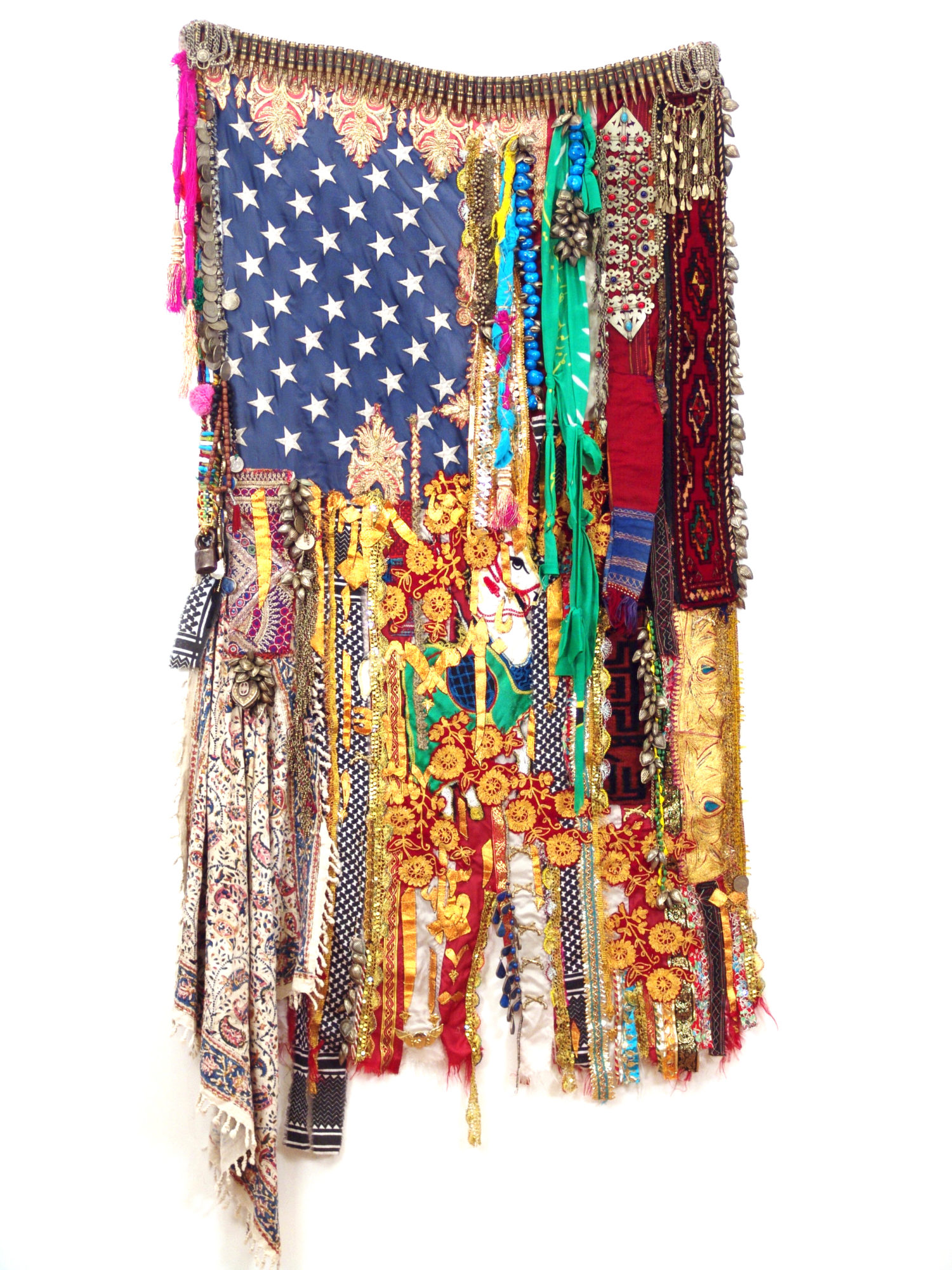Identity politics

“In 1977, the term identity politics in its contemporary form was introduced into political discourse by the Comahee River Collective (CBC), a group of black lesbian militants that had formed in Boston … Black women, whose specific social position had been neglected by both the black liberation movement and the women’s liberation movement, could challenge … empty class reductionism simply by asserting their own autonomous politics. …
‘[But] we [The CBC] were not saying that we didn’t care about anybody who wasn’t exactly like us … We understood that coalition building was crucial to our own survival.’ …
The history that followed seemed to turn the whole thing upside down. … The internal paradox of … foundationalism is that it presumes, fixes, and constraints the very ‘subjects’ that it hopes to represent and liberate. … I define identity politics as the neutralization of movements against racial oppression. …
Black nationalism … meant … black activists organizing themselves rather than following the lead of white organizations, building new institutions instead of seeking entry into white society. … [But this way black] elites were able to use racial solidarity as a means of covering up their class positions. … A situation in wich the white cop would be replaced by a black cop … was not liberation. …
Intellectuals and activists allowed politics to be reduced to the policing of our language, to the questionable satisfaction of provoking white guilt, while the institutional structures of racial and economic oppression persisted. …
The existence of this problem is widely recognized, but discussing it constructively has turned out to be quite difficult. Criticisms of identity politics are often voiced by white men who remain blissfully ignorant or apathetic about the experiences of others … by coding demands that come from marginal or subordinate groups as identity politics, the white male identity is enshrined with the status of the neutral, general, and universal. …
In its contemporary ideological form … identity politics is an individualist method. It is based on the individual’s demand for recognition, and it takes that individual’s identity as starting point. It takes this identity for granted and suppresses the fact that all identities are socially constructed. And because all of us necessarily have an identity that is different from everyone else’s, it undermines the possibility of collective self-organization. …
Action against racial hierarchies can proceed more effectively when it has been purged of any lingering respect for the idea of ‘race’. … Single-issue political frameworks … end up centering the most privileged members of a group, marginalizing those whose identities exposed them to other forms of subordination. …
[We see a generalization of] the condition of the plaintiff: equating political practice with the demand of restitution for an injury, inviting the construction of baroque and unnavigable intersections consisting of the litany of different identities to which a given person might belong. Those whose identity is inscribed with the most intersecting lines can claim the status of most injured, and are therefore awarded, in the juridical framework to which politics is now reduced. … [In sum, where rights are demands by a particular identity group … its members end up fixed as victims. … The possibility of self-directed mass action, ends up neutralized by a legal discourse] …
[Organizers of the Black Lives Matter movement] said that only black people should take the mic; that only black people should take leadership roles, that black people should be at the front of the march, with white ‘allies’ last and ‘brown’ people allowed in the middle. ‘Brown’ … refers to … the majority of our immigrant population … it is hard not to react with some confusion to the suggestion that they can only play a literally secondary role in movements that target the criminal justice system. …
[At the same time] the ‘representatives’ of the Black Lives Matter movement who got the most media play included the executive director of Saint Louis Teach for America, an organization that has played a driving role in the privatization of education and the assault on teachers’ unions. …
Identity politics … makes opposition impossible. …
[But where does it come from?] …
In the absence of mass organizing, racial ideology rushes to … fill the vacuum. … Oppressed groups have built complex traditions of politics, ethics, identity, and culture … Claiming and defending these traditions reinforces racial ideology but also provides a form of defence and protection. … When ideas of racial particularity are inverted in the defensive manner so that they provide sources of pride rather than shame and humiliation, they become difficult to relinquish. …
With the possibility of integrating social equality into American culture destroyed by both political repression and industrial decline, politics is reduced to the anxious performance of authenticity. …
The utter force of crisis and restructuring and the drastic rightward shift of American politics overwhelmed the fragmented left completely. … It is in fact in the decomposition and disorganization of the working class that we must seek an explanation for the rise of the right – not in consciousness, false or otherwise. …
To confront the white identity politics that make up the right-wing populism currently occupying the White House, we need to provide alternative visions, languages, and practice – and responding with a contrary, pluralist identity politics has not been successful. …
What we lack is program, strategy, and tactics. If we set the consolidation of identity aside, that discussion can begin.”
aus: Asad Haider: Mistaken Identity. Race and Class in the Age of Trump. Brroklyn, NY: Verso 2018.
Abb.: Sara Rahbar: Flag #10, 2008, im Internet.
10/19